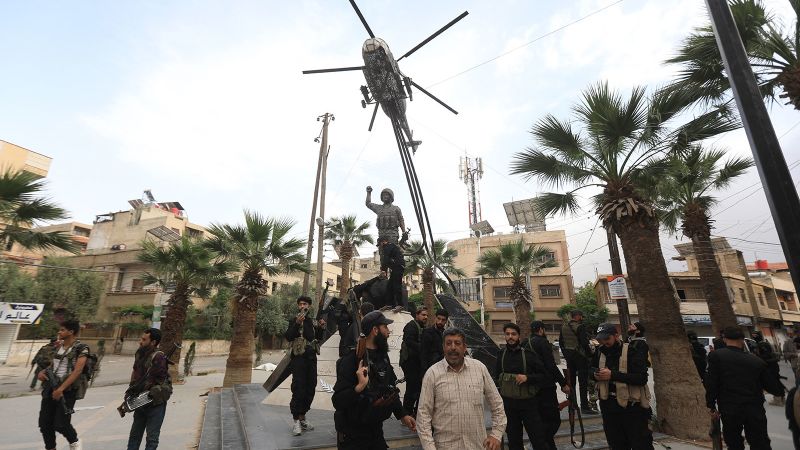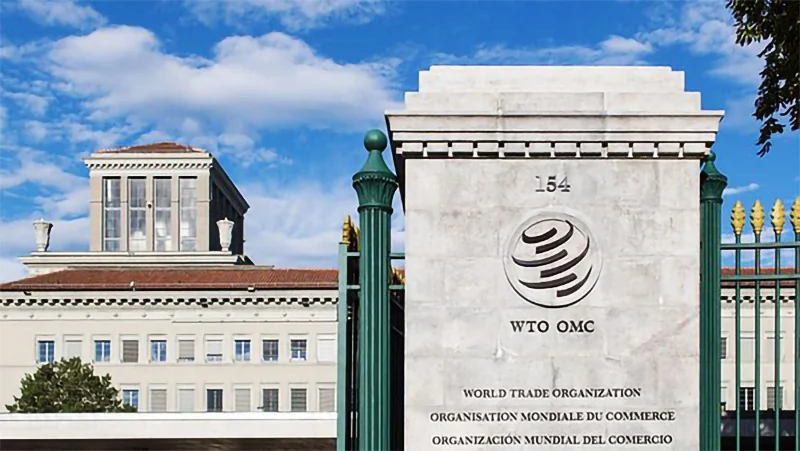While some statues fall, McCartney’s rises Okay, let’s get this straight. Across the nation, recent years have seen the removal of several long-standing historical statues. Some of these statues are of Confederate generals, ennobled for the racist cause of slavery in America.
Now, in my hometown of Boulder, Colorado, the university wants to erect a large statue of the brazenly anti-Gay football coach, the late Bill McCartney. Huh? And where are the Boulder “Progressives” when you need them? Sue Larson, Boulder How much does voluntourism really accomplish? As a new student at CU Boulder, I found myself eager to jump into clubs with abroad volunteer opportunities . Learning from a new culture while giving back sounded like the best of both worlds.

But the more time I have sat with the subject and discovered details about international volunteerism, otherwise known as voluntourism, I have begun to wonder how much good these well-intentioned efforts are really accomplishing. Students frequently gravitate toward this opportunity to travel somewhere new and supply support to others, often without fully understanding the communities that they are entering. Although the goal of volunteerism is to make a positive impact, research from Glocality and reports from Affinity Magazine reveal that many of these endeavors unintentionally cause harm by taking jobs from local workers, offering short-term fixes or providing aid that may not align with the community’s needs or preferences.
In speaking with fellow volunteers here at CU Boulder and residents of underserved communities receiving aid, I have understood their gratitude for service. But I have also discovered that often, once volunteers leave, it is like they were never there. This is not a failure of goodwill, but a wake-up call for a deeper sense of awareness.
If we feel compelled to help, we must start by listening to those who need it most . With researching. True service begins with humility, not just heart.
I am encouraging anyone contemplating volunteer work abroad to begin by asking more questions. What do these communities truly need? What skills do I possess that I can use during this opportunity? How can we uplift these communities, not just ourselves? With more reflection and conscious action, we can guarantee that our efforts around the globe will edify rather than inadvertently overlook the people we aim to support. Samantha Ammaturo, Boulder Have we lost our sense of decency? Spencer W.
Kimbal said, “Profanity is the effort of a feeble brain to express itself forcefully.” In 1943, I was in first grade and filled with wonder. However, I heard an expression at school that I didn’t understand and promptly asked my mother what does “summina ditch” mean? She looked at me with a very angry glair and said that if I ever used that expression again, she would wash my mouth out with soap.
I had never heard my mother be so angry, and I was scared. Normally, I would ask my sister, who was five years older than me what it meant, but she didn’t know either. Fowl language was not used in our home.
Frankly, my generation would not use profanity. It was viewed as uncouth and a reflection of a poor education. Comedians of that era never swore or used foul language.
Their acts were very clean and funny without using bad words. Today, it’s a different story. Everywhere you go on TV or on the street one is confronted with foul words by young and old alike.
Have we lost our sense of decency? Have we lost our sense of respect for each other? I’m almost 89 and believe strongly that if you don’t say anything about a person that is not nice, then it’s best to keep quiet. Perhaps, we could embrace what is said in Ephesians 4:29, “Let nothing fowl or dirty come out of your mouth, say only what helps, each word a gift.” I choose this for myself, even though I too am flawed.
Joseph La Camera, Boulder.
Politics

Letters to the editor: McCartney’s statue; the cost of voluntourism; losing our sense of decency

Okay, let's get this straight. Across the nation, recent years have seen the removal of several long-standing historical statues. Some of these statues are of Confederate generals, ennobled for the racist cause of slavery in America. Now, in my hometown of Boulder, Colorado, the university wants to erect a large statue of the brazenly anti-Gay football coach, the late Bill McCartney.















